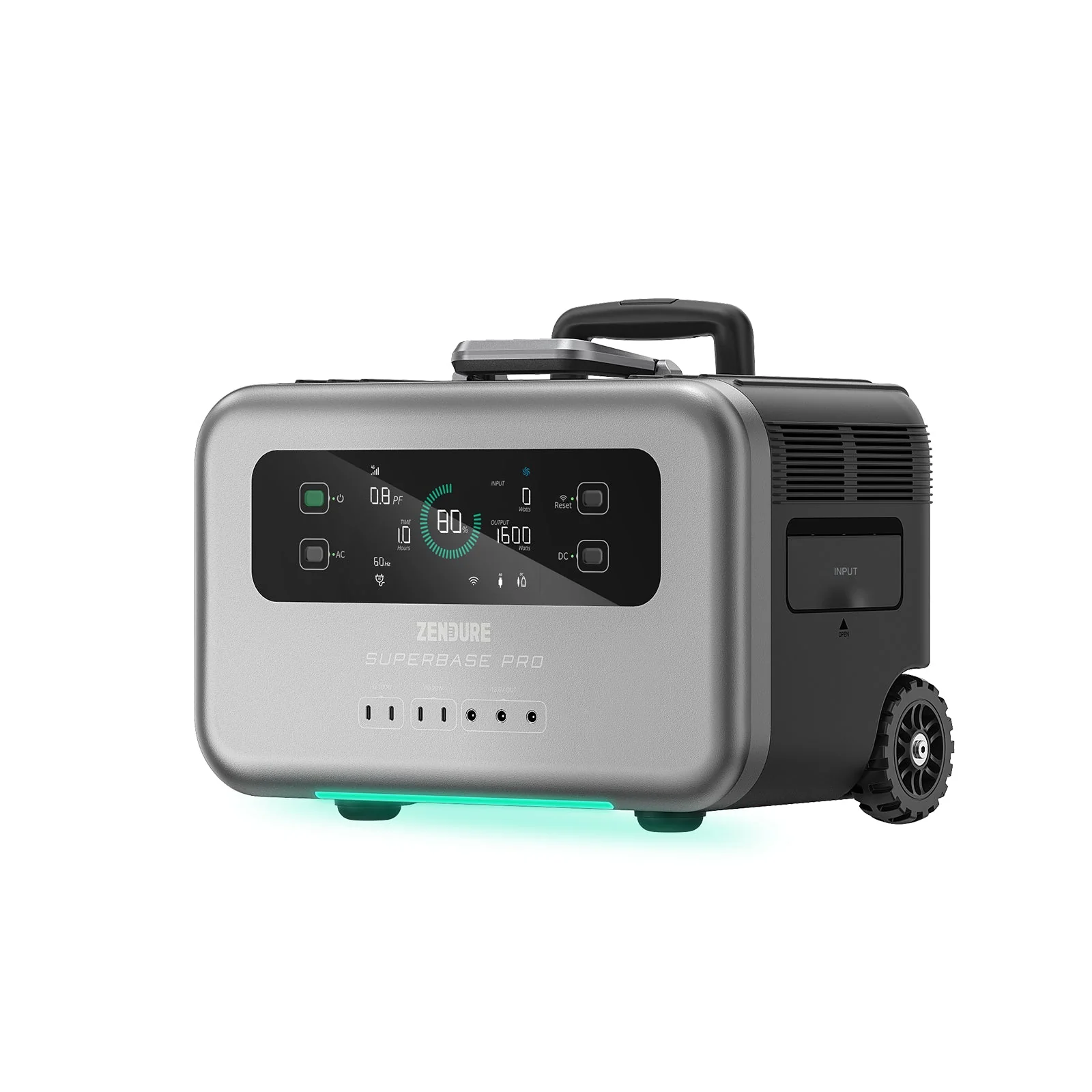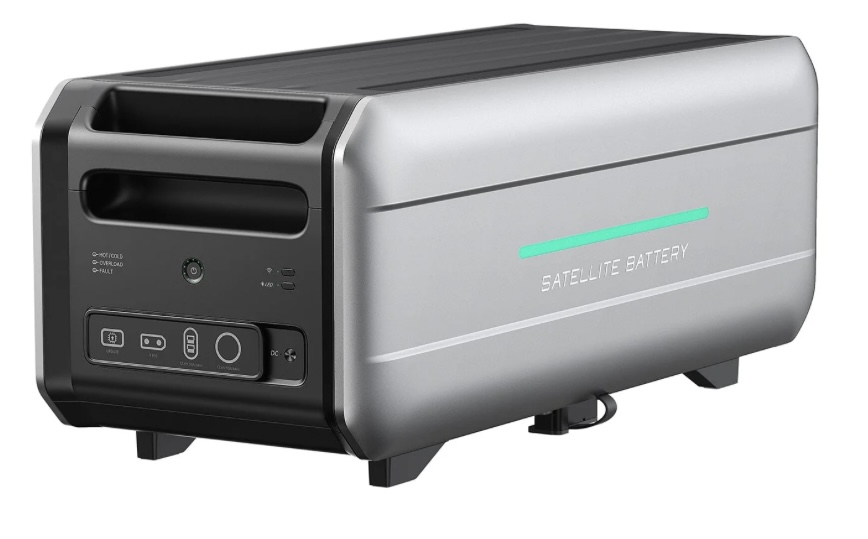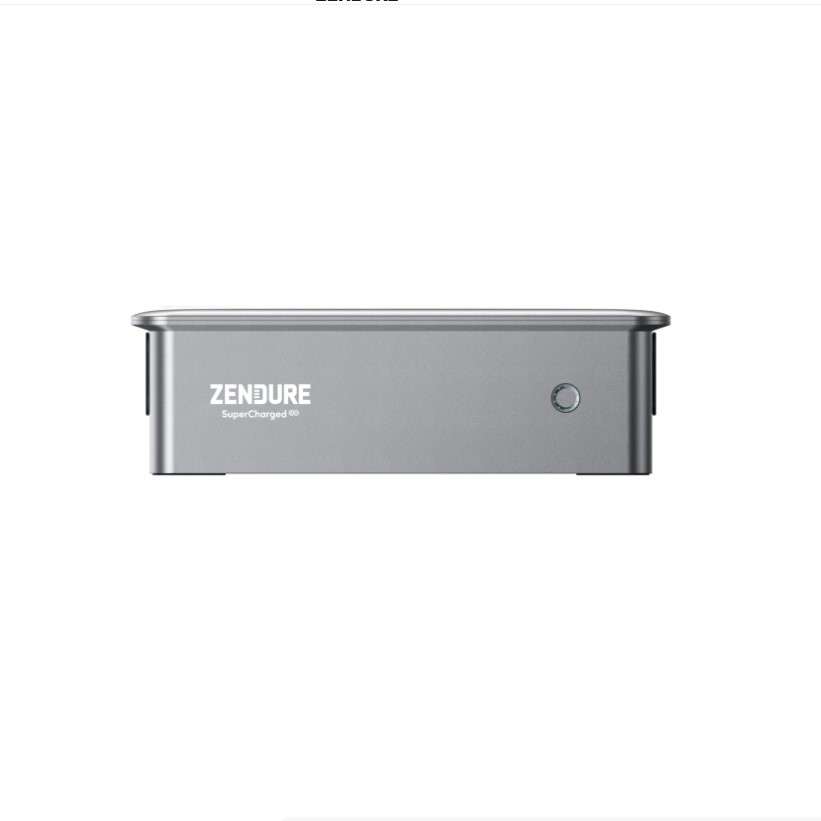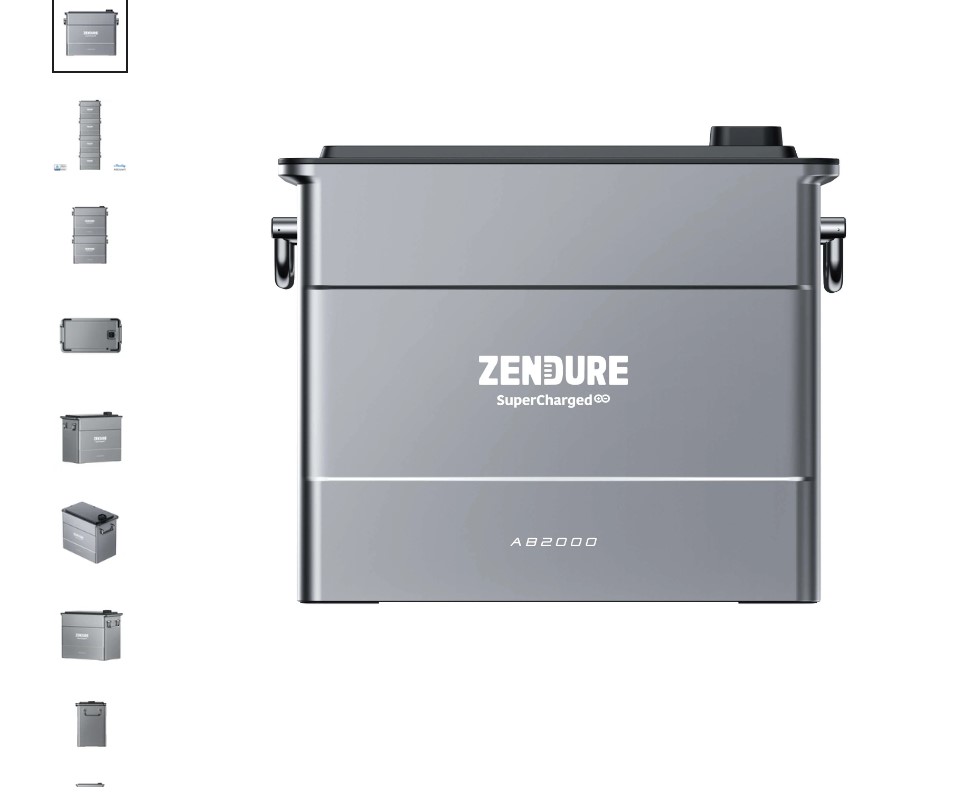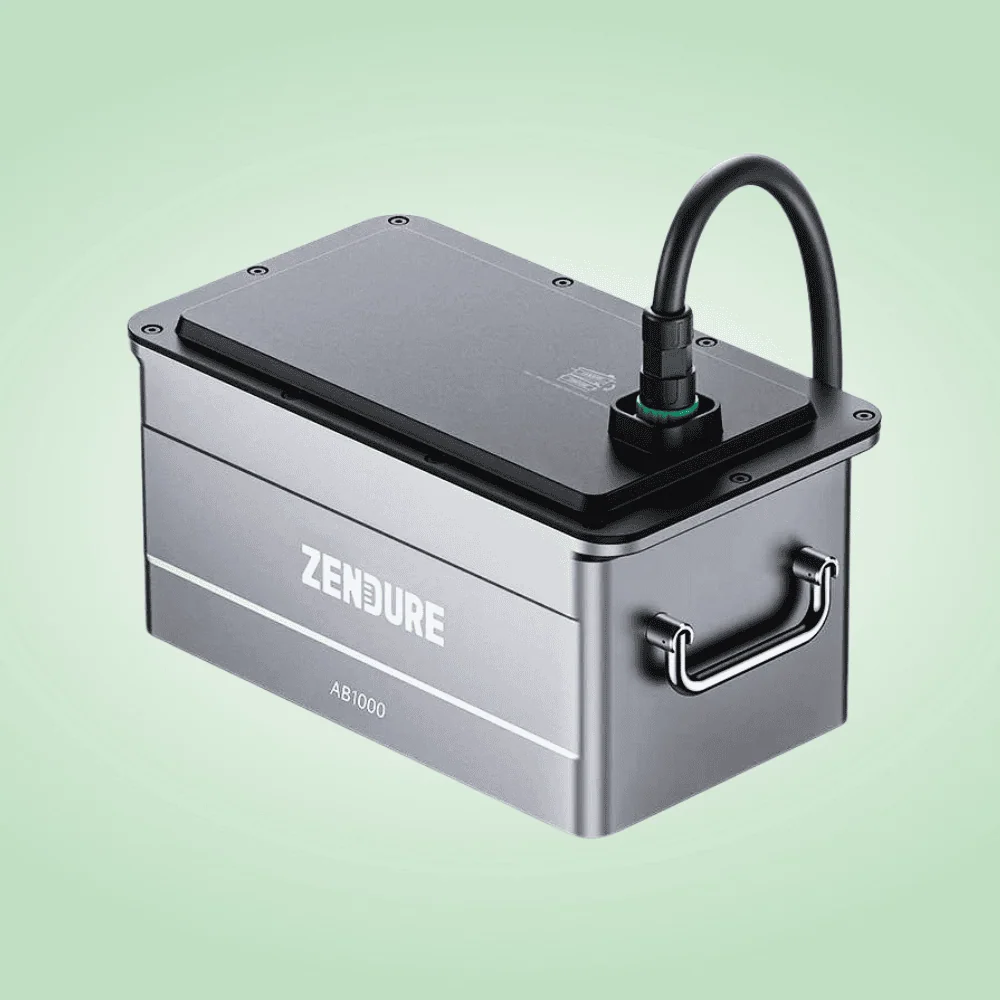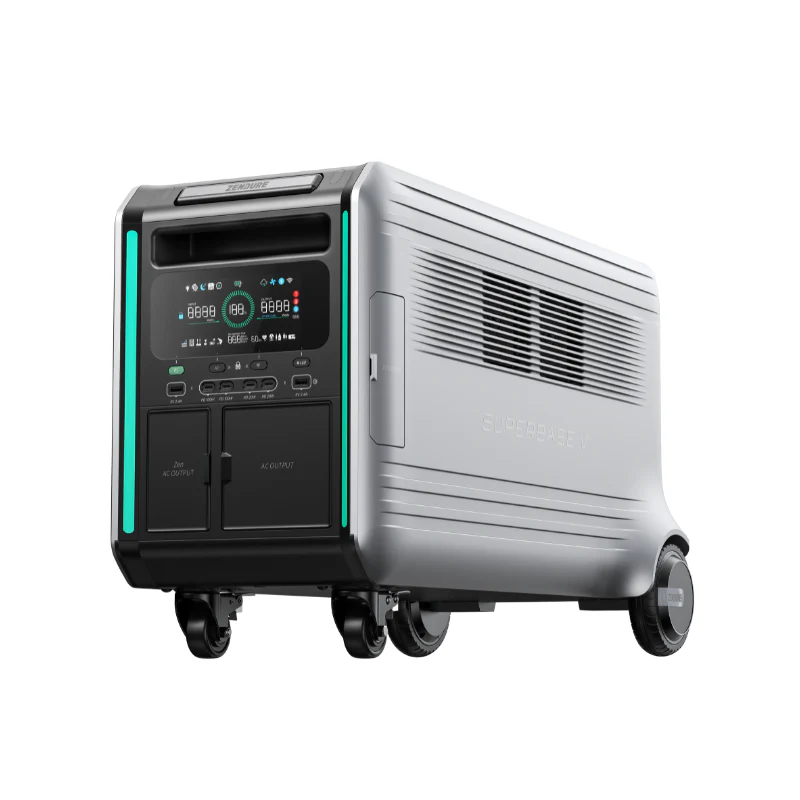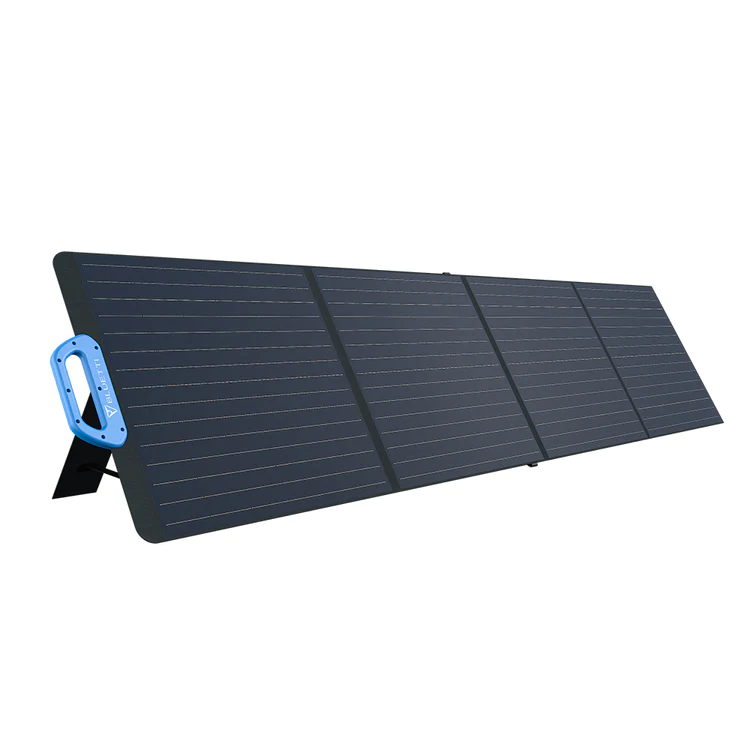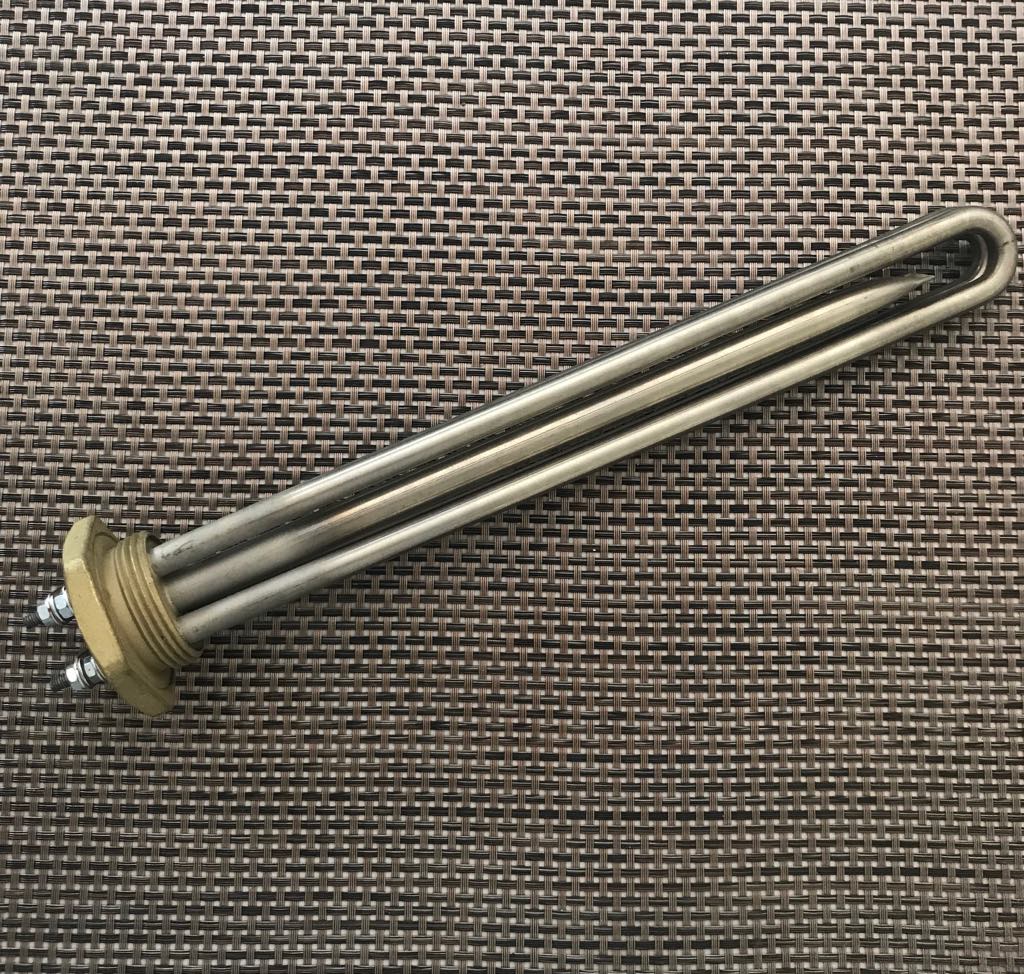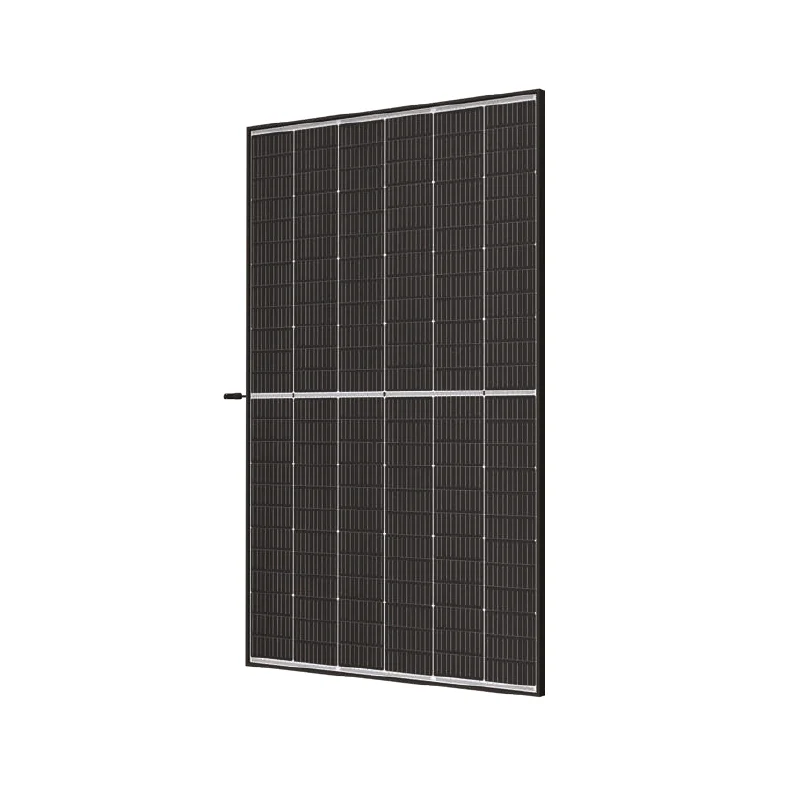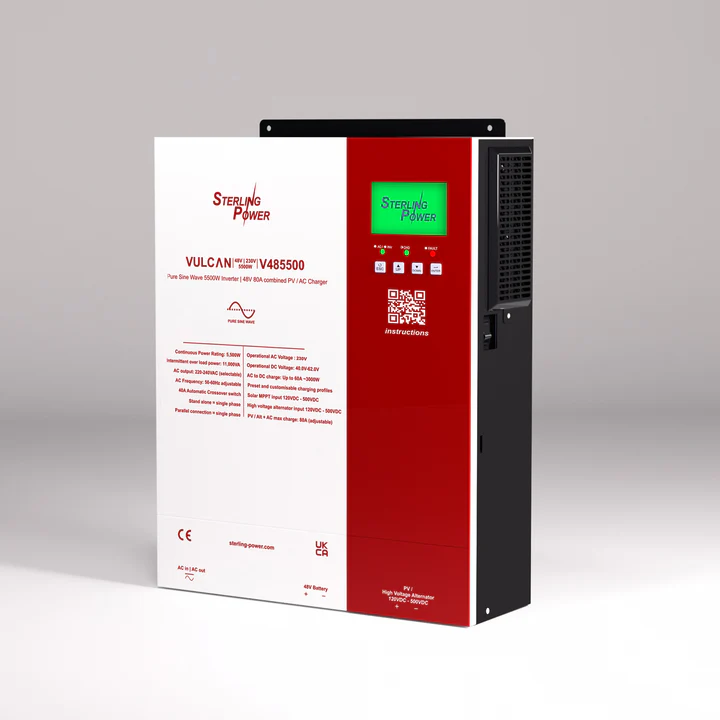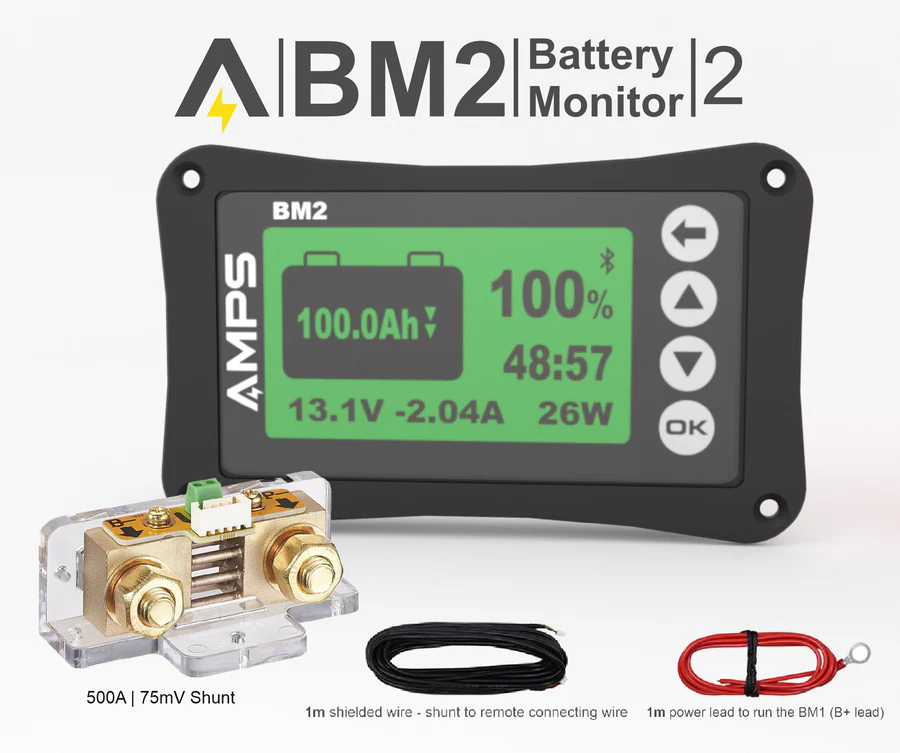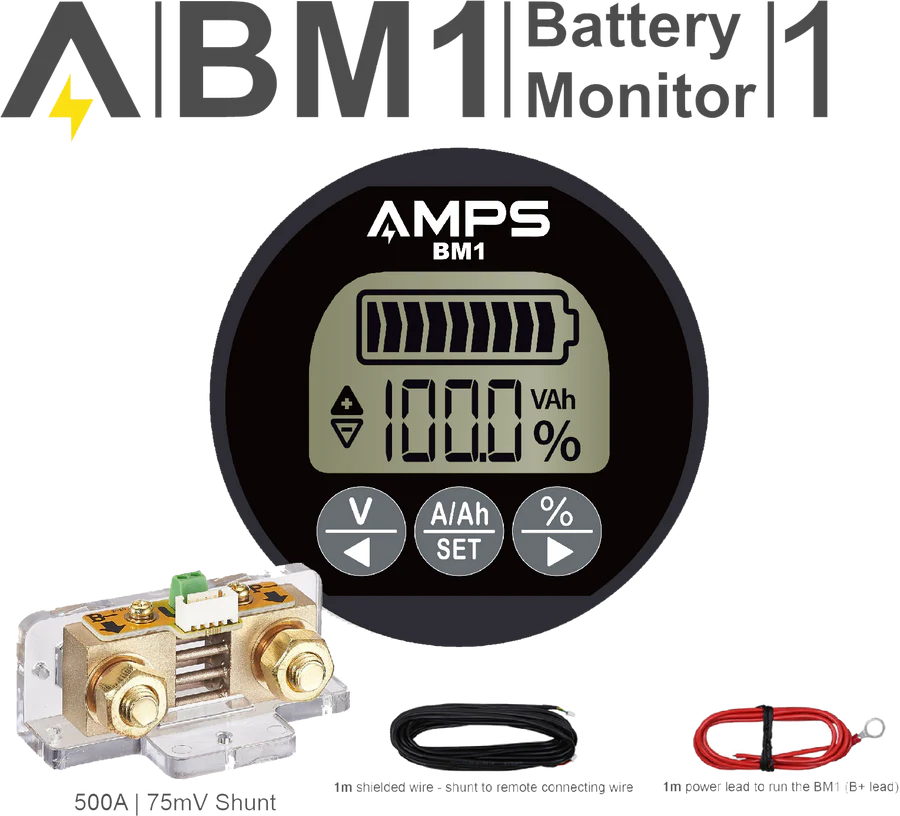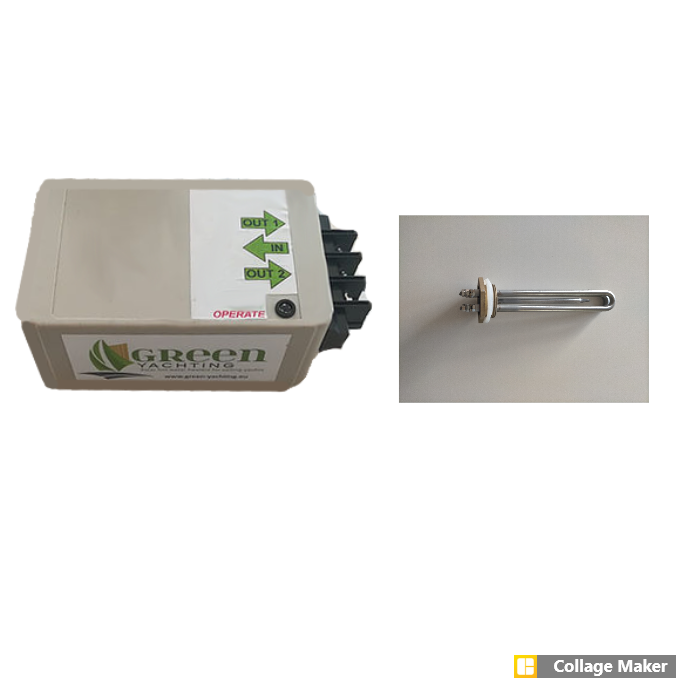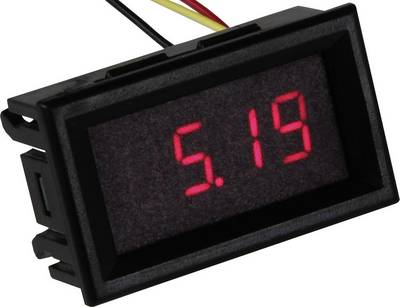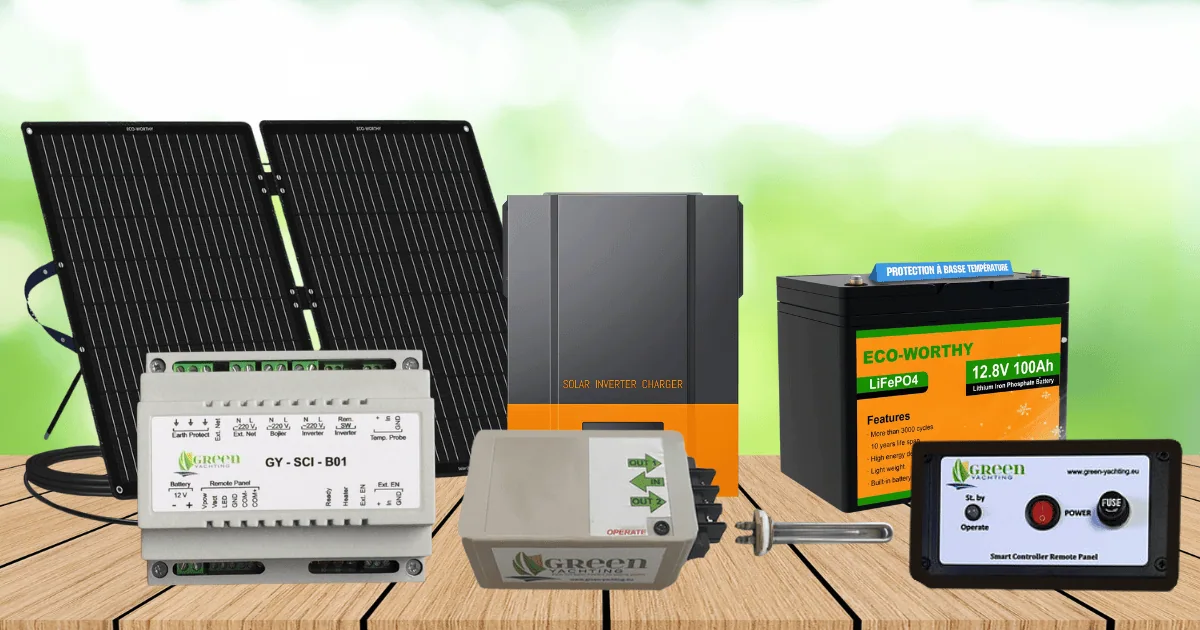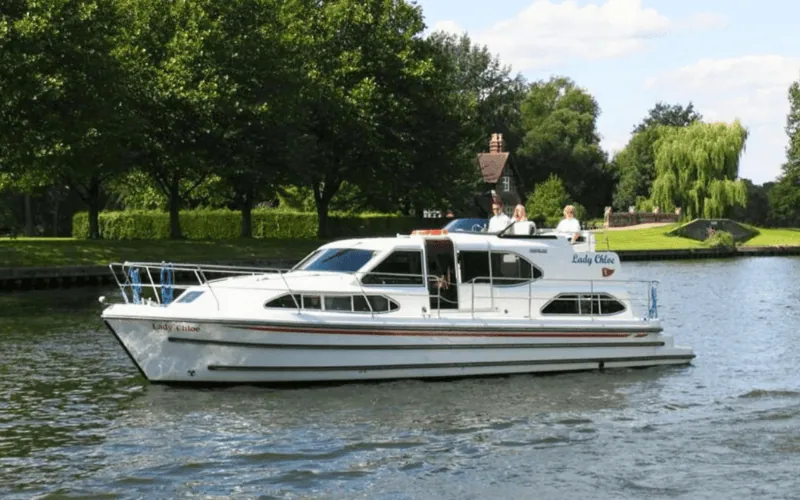
SOLAR SYSTEMS
for RIVER CRUISERS

CHOOSE WHAT YOU NEED
€1,999.00 – €3,499.00

SUPER SOLAR OFFER – Zendure 1500 Power Station + 420w Solar Panels
3S Plug & Play, Afloat, Camper Vans, Caravans, Flexible Solar Panels, Houseboats & Barges, Motorhomes (RVs), Narrowboats, On the Move, Power Station, Power Stations, Power Stations, Promoted, River Cruisers, Sailing Yachts, Solar Panels, Widebeams, Zendure€1,299.003S Plug & Play, Afloat, Camper Vans, Caravans, Flexible Solar Panels, Houseboats & Barges, Motorhomes (RVs), Narrowboats, On the Move, Power Station, Power Stations, Promoted, River Cruisers, Sailing Yachts, Widebeams, Zendure, Solar Panels, Power Stations€1,299.00
- Sale!
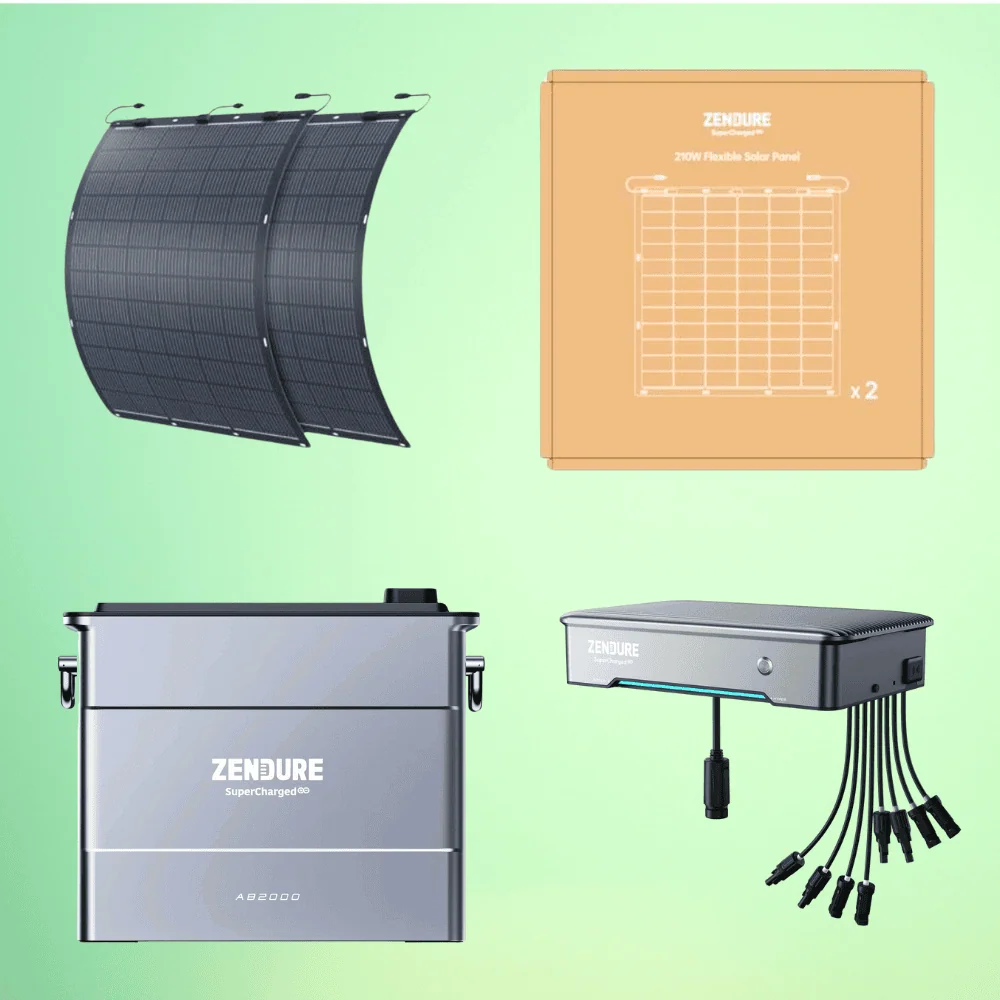
Zendure/Super Solar Power Hyper Starter Kit
Batteries < 3Kw & Chargers, Batteries <3Kw, Domestic Solar Power Systems, Dry Land, Flexible Solar Panels, Promoted, Zendure, Zendure Balcony Systems€2,495.00Original price was: €2,495.00.€2,195.00Current price is: €2,195.00.Batteries <3Kw, Domestic Solar Power Systems, Dry Land, Flexible Solar Panels, Promoted, Zendure, Zendure Balcony Systems, Batteries < 3Kw & Chargers€2,495.00Original price was: €2,495.00.€2,195.00Current price is: €2,195.00.12% Off
- Sale!
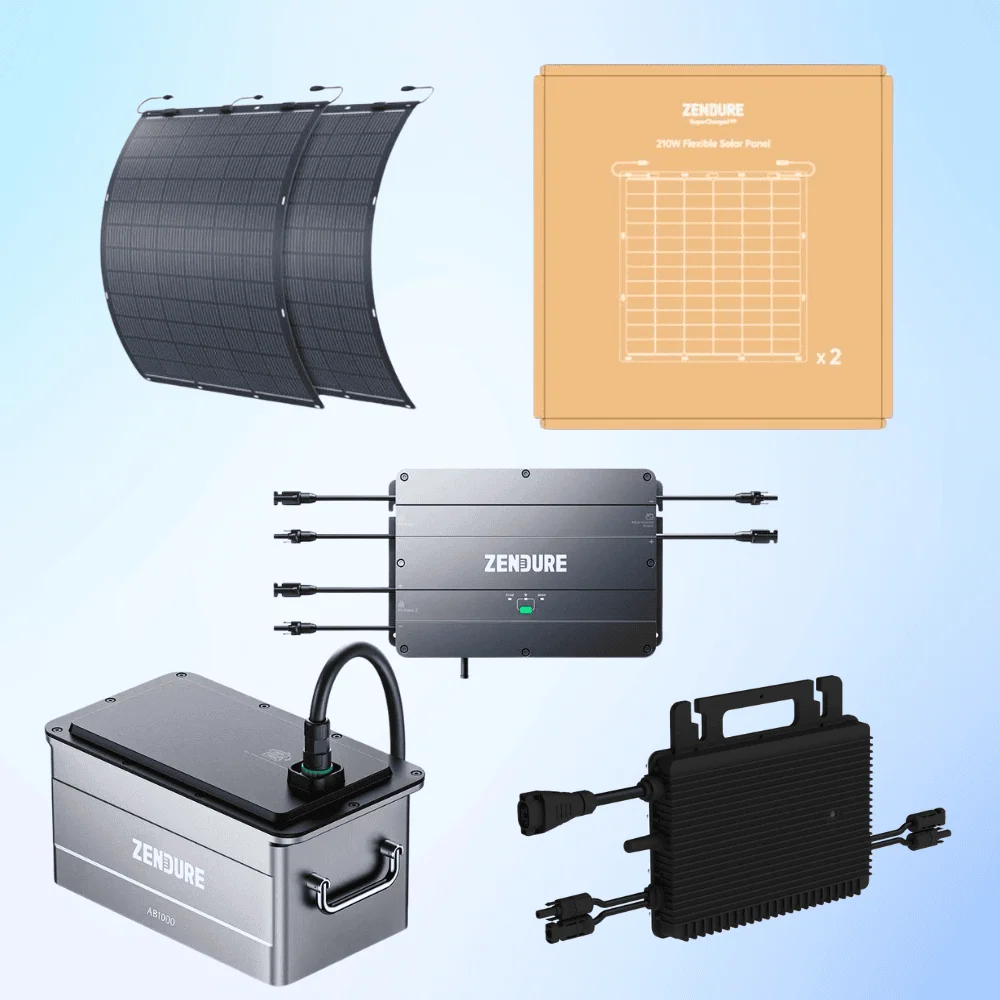
Zendure/Super Solar Power Starter Kit
Camper Vans, Flexible Solar Panels, Motorhomes (RVs), Narrowboats, Promoted, Solar Panels, Widebeams, Zendure, Zendure Balcony Systems€1,395.00Original price was: €1,395.00.€1,295.00Current price is: €1,295.00.Camper Vans, Flexible Solar Panels, Motorhomes (RVs), Narrowboats, Promoted, Widebeams, Zendure, Zendure Balcony Systems, Solar Panels€1,395.00Original price was: €1,395.00.€1,295.00Current price is: €1,295.00.7% Off
- Sale!
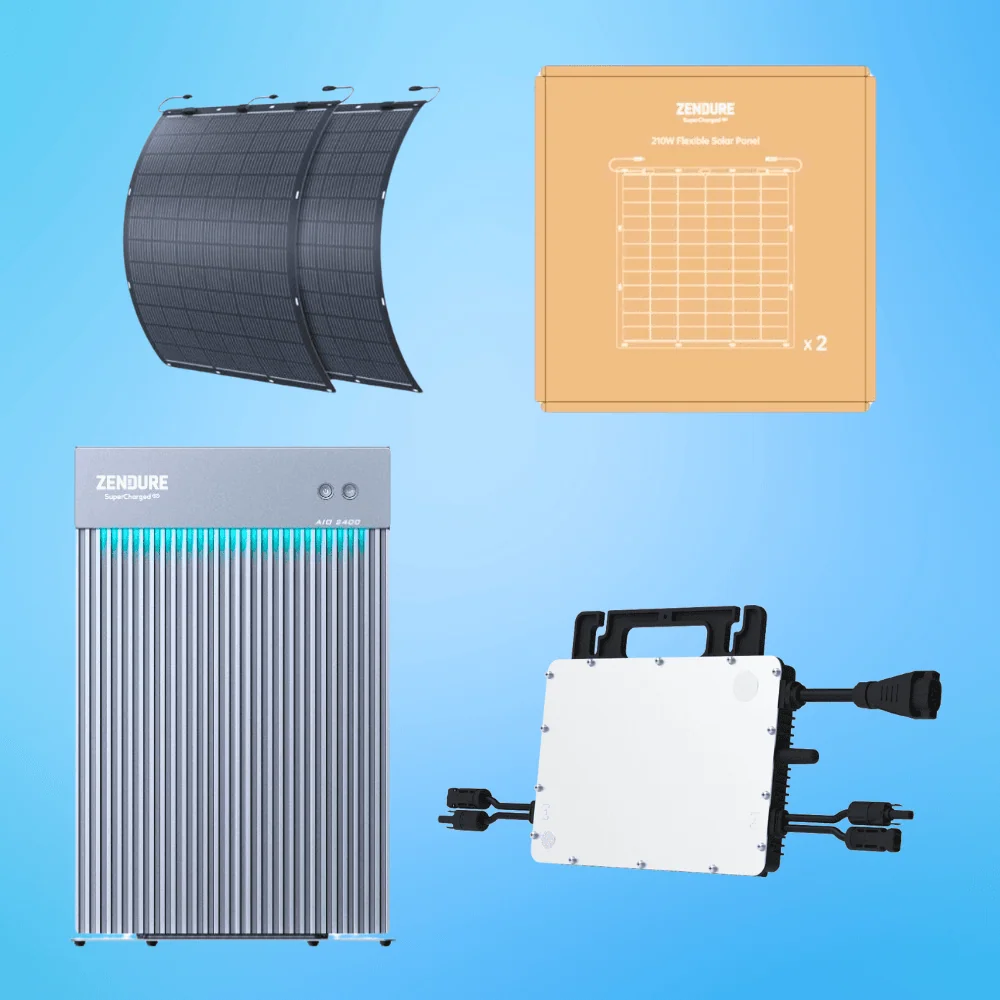
Zendure/Super Solar AIO2400 Power Starter Kit
Afloat, Dry Land, Flexible Solar Panels, Houseboats & Barges, Promoted, Solar Panels, Widebeams, Zendure, Zendure Balcony Systems€2,195.00Original price was: €2,195.00.€1,945.00Current price is: €1,945.00.Afloat, Dry Land, Flexible Solar Panels, Houseboats & Barges, Promoted, Widebeams, Zendure, Zendure Balcony Systems, Solar Panels€2,195.00Original price was: €2,195.00.€1,945.00Current price is: €1,945.00.11% Off
- Sale!
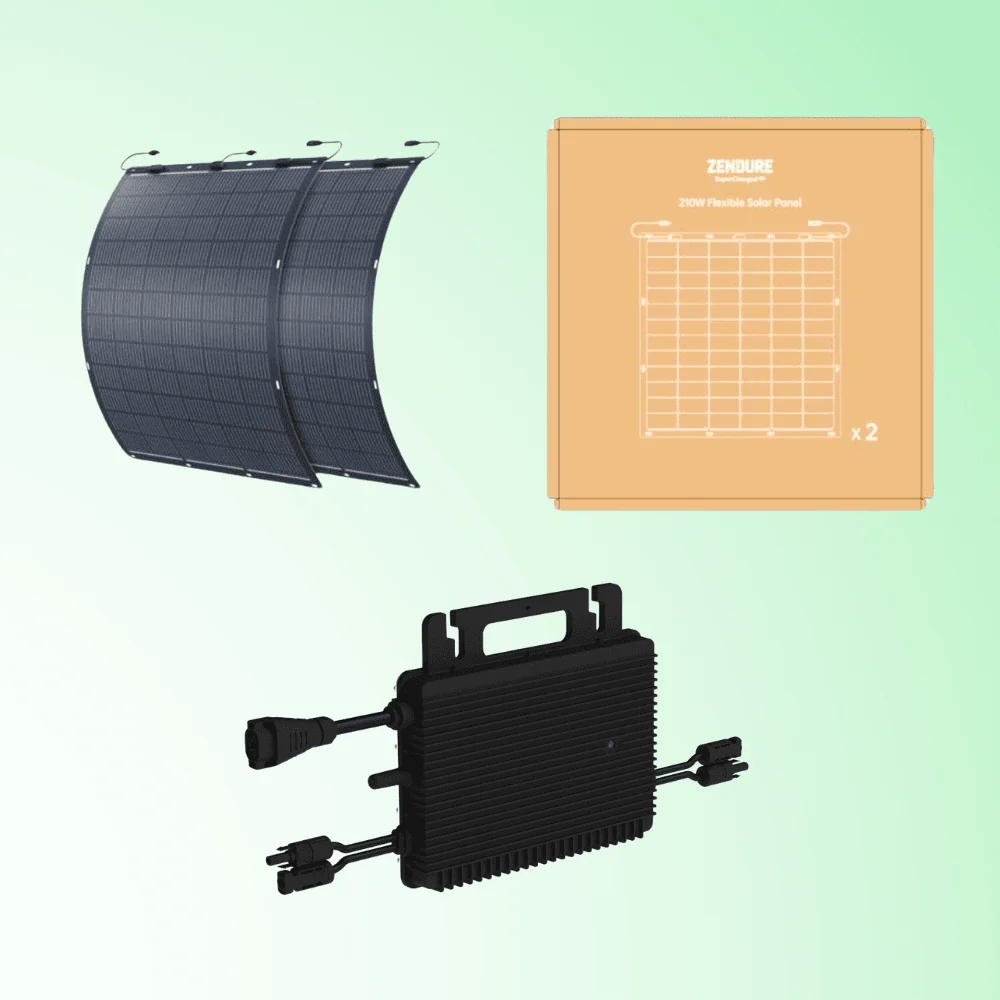
Zendure/Super Solar Starter Kit
€445.00Original price was: €445.00.€395.00Current price is: €395.00.€445.00Original price was: €445.00.€395.00Current price is: €395.00.11% Off
- Sale!
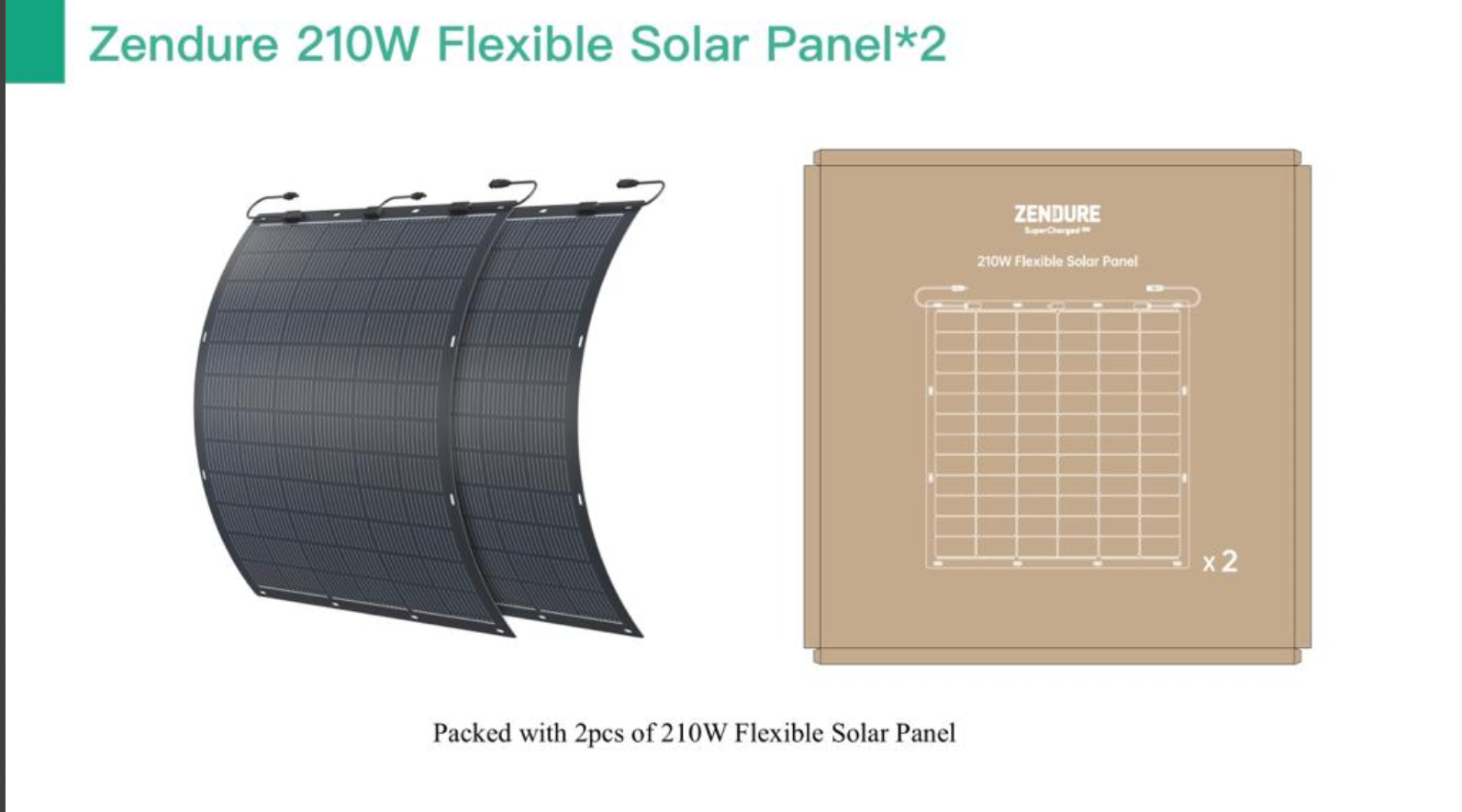
Zendure semi-flexible solar panels (pair)
€325.00Original price was: €325.00.€299.00Current price is: €299.00.€325.00Original price was: €325.00.€299.00Current price is: €299.00.8% Off
€2,999.00 – €4,499.00
€125.00Original price was: €125.00.€99.00Current price is: €99.00.21% Off
- Sale!
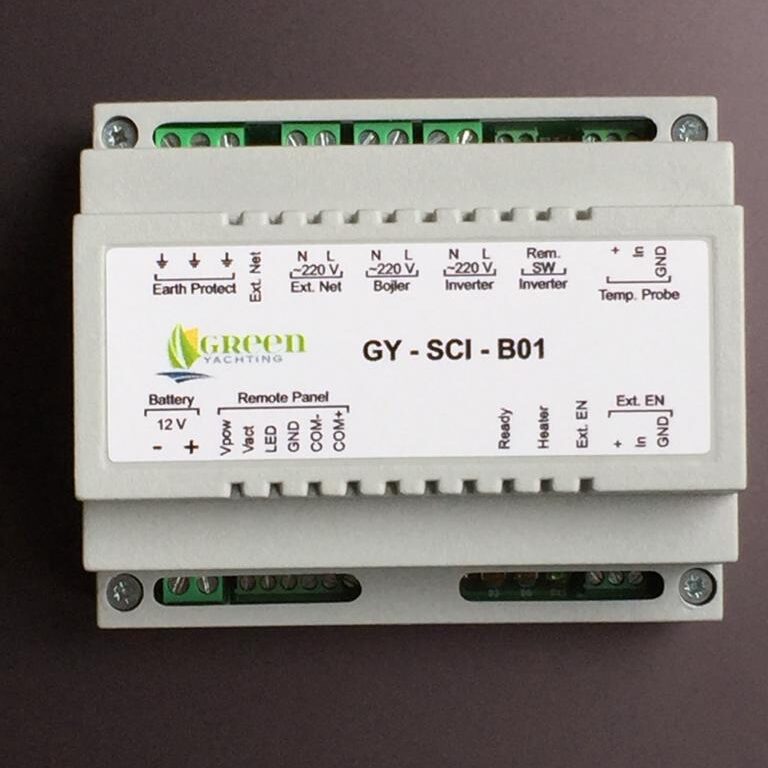
Solar Water Heater 12v Controller for inverter
€449.00Original price was: €449.00.€375.00Current price is: €375.00.€449.00Original price was: €449.00.€375.00Current price is: €375.00.16% Off
€99.00Original price was: €99.00.€75.00Current price is: €75.00.24% Off
Technical Considerations for River Cruisers
River cruisers are not major users of solar systems because regular engine use provides ample power for battery charging and general domestic use. However for those that spend some time in the same place, a solar system provides FREE, SILENT energy to charge your batteries and keep the lights on. For river cruiser solar power, we warmly recommend the use of a portable power station and portable solar panels. The purchase price is a little higher than an equivalent conventional solar system, but installation costs are zero and it can be charges from solar or your engine alternator.
Product Hints
The use of solar panels for river cruisers was not as widespread as more traditional methods of generating power for onboard systems. River cruisers tend to rely on a combination of engines running on diesel or other fuels, along with generators or shore power when docked, to meet their energy needs. However, there has been a growing trend in the maritime industry, including river cruising, toward incorporating renewable energy sources like solar power to reduce environmental impact and fuel consumption. Some river cruise companies or newer vessels may have started to integrate solar panels as part of their power generation systems to supplement electricity needs, especially for auxiliary systems like lighting or smaller appliances.
Given that rigid solar panels are both cheaper and more efficient they will be the first choice of most river cruiser owners. However flexible panels are 80% lighter and for a curved roof they are usually the only solution. Portable panels offer the same kind of performance as flexible but at a higher price. However they require zero installation can be deployed whenever needed and there is space available.
Solar Controllers connect to your panels and from there charge your batteries. Their capacity is a function of the panels’ power output. if you need 230v mains electricity, you will also need an inverter.
Hybrid Inverters also connect to your panels and charge batteries, but they also provide mains electricity up to 1500w with 12v batteries – much more with 48v batteries.
For those not yet using a power station, we are convinced that river cruiser house batteries should be LifePo4 lithium, not any of the lead/acid variants. Lithium is smaller, lighter, offers greater discharge tolerance, and is much faster charging, as well as having over double the life expectancy. Before installation, it is essential to check whether your engine alternator can be connected to lithium. Being able to charge faster than lead/acid also means that the current drawn may be greater than your alternator is able to supply without over-heating. There are Sterling Power products presented at the Batteries product page here that will manage this difficulty for you.
Our chosen battery supplier is EcoWorthy. They offer 12 and 48v products in capacities up to 2400w.
Relatively new on the market, we are strong supporters of power stations. They are ideal for river cruiser solar panels, providing
- Solar, mains, & battery charge controller
- LifePo4 battery
- 230v Inverter
- AC, DC, & USB outlets
all in a single compact package that requires zero installation.
The units best suited to river cruisers are the Bluetti AC200Max and the Zendure Superbase Pro Both offer a 2000w inverter with 2048W of storage so covers all on-board electricity needs. The 12v DC outlet can be connected directly to the existing 12v fuse panel, and one of the four AC outlets goes to the existing 220v mains circuit. It can be charged from the solar panels, mains electricity, or the engine alternator without the need for a different alternator controller. Storage can be extended with additional batteries.
If your river cruiser has an electric boiler, our electronic controller is the perfect add-on. It monitors the battery charge level and if greater than the pre-determined value (12.6v for 12v batteries) it switches on the heating element IF the water temperature is under 40°C and not over 52°C. If the engine is running, voltage will always be sufficient. If the engine is off, the device will turn off the heating element when the battery level drops below the chosen cut-off level. For those with fixed solar panels, the controller also monitors the solar input and switches off the device if solar input is below the set minimum.
Why Buy from Us?
Our Personal Installation Experience:
We are not only experienced boaters, we also have personal experience of most of the products that we sell. You can rely on us for informed reliable advice.Products Proven Compatible:
Matching solar panels to controllers to batteries sounds easy, but that is not always true, and there are various capacity considerations that are not at all obvious. Discuss your needs with us NOWDIY Kits & Professional Installation: Choose from user-friendly DIY kits for experienced do-it-yourselfers, or let a professional team handle the entire installation process. We use WhatsApp to provide installation support and after-sales service.
Our Guarantee to You
Next Day Dispatch:
We’ll do our best to dispatch your order the day following receipt of full payment.5 to 7 working days delivery delay:
We use the Post Office for a fast reliable service with on-line tracking for maximum convenience.30 Day Money Back Guarantee
If it doesn’t work, return the product within 30 days for a full NO QUIBBLES refund.
RECENT NEWS
Plug & Play Solar Systems
Christopher Longmore2024-07-06T17:36:43+01:00WHAT'S NEW IN SOLAR ENERGY SYSTEMS? Originally called "Balcony" systems, better named "Plug [...]
Welcome to Super Solar Systems
Christopher Longmore2024-04-22T11:47:24+01:00Welcome to Super Solar Systems The successor to Green Yachting. [...]

